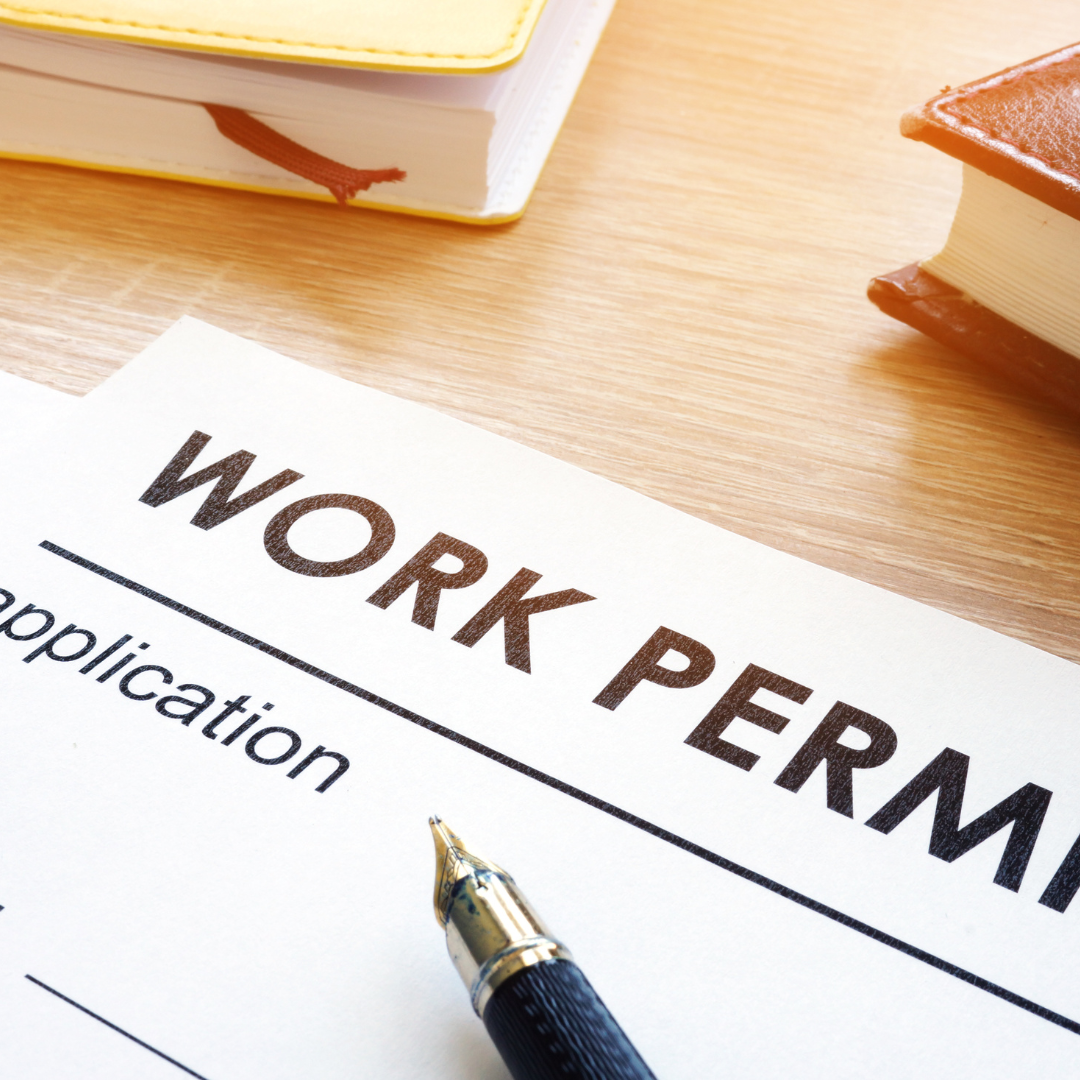The Work Life Balance and Miscellaneous Provisions Bill 2022
The Work Life Balance and Miscellaneous Provisions Bill 2022 which was due to be passed in august 2022 is currently before Seanad Eireann and is expected to be law this summer.
The purpose of the bill is to give further effect to Directive on work-life balance for parents and carers and to amend the Parental Leave Act 1998 to entitle certain employees to leave for medical care purposes and to request flexible working arrangements for caring purposes. It is hoped that the Bill and the Directive will promote a better work life balance for parents and carers; encourage more equal sharing of parental leave between men and women and ultimately increase the number of women in the labour market.
The Main Provisions
A right to leave for medical care purposes, both for employees with children up to age 12 and carers
The Bill proposes a right to leave for medical care purposes, both for employees with children up to age 12 and carers. Employees covered under the Act will be entitled to five days unpaid leave per calendar year to provide care or support to a family member or person who lives in the same household as the employee.
Employers may request “relevant evidence” (medical cert) of the need for significant care or support of a serious medical issue.
The leave can be fragmented, but not in periods of less than one day. No service requirement is required, nor prior notice is required. Employees will be required to confirm to their employer in writing, as soon as reasonably practicable, that they intend to take or have taken this leave.
Domestic violence leave
The bill proposes to provide those who are suffering or at risk of domestic violence to five days of paid leave per year. The Government has said it will also put in place supports for employers to assist them in developing domestic violence workplace policies and to better support employees experiencing domestic violence.
A right to request flexible working arrangements for caring purposes, for parents and carers
Employees who have a child up to the age of 12 (or 16 if the child has a disability or long-term illness) and employees who are caring for a relative or someone they live with will have the right to request flexible working arrangements for caring purposes for a particular period.
In order to eligible to request flexible working arrangements an employee will need to have six month’s continuous service and the employee will be required to give 8 weeks’ notice of a request to their employer.
When a request is received, an employer will need to consider the request with regard to the employees need and respond to such request within four weeks. However, this time period may be extended by a further four weeks if the employer is having difficulty assessing the viability of the request.
Where the employees request is granted, the agreement will be recorded in writing setting out the details of the agreement and the date of commencement and signed by both parties.
Where an employer refuses the request, similar to the provisions of the Protection of Employees (Part Time Work) Act 2001, the refusal must be in writing and give detailed reasons why the request has been denied.
An employer can postpone a request for flexible working arrangements, however they must consult with the employee before postponing. The Grounds for postponement are similar in nature to those that apply in the context of postponing parental leave.
Extension to entitlement to breast-feeding breaks from 6 months to 2 years
The bill proposes to extend breast-feeding breaks from 26 to 104 weeks. Currently breast-feeding employees are entitled to take up to one hour off work each day, with pay, for breastfeeding/lactation purposes, for the first six months after birth, and this is due to increase up until the child is two years old.
The Bill proposes to provide an entitlement to women who have transitioned into males, and subsequently given birth to a child, provided they hold a gender recognition certificate under the Gender Recognition Act 2015.
Finally, the bill will have sections requiring employers to keep records of the leave for medical care purposes and approved flexible working arrangements, Penalisation and Anti-Abuse provisions.
As outlined above it is expected that the legislation will be enacted in summer 2023. We recommend employers and HR Practitioners prepare for its implementation by reviewing their existing family leave and flexible working policies ahead of this legislation’s enactment.
The Work Life Balance and Miscellaneous Provisions Bill 2022 can be viewed here.
https://www.oireachtas.ie/en/bills/bill/2022/92/
As always, we recommend that you contact us at MSS for advice and guidance when updating your Terms and Conditions and practices.
New paragraph










Contact Us
Connect With Us
Sign-up To Our Newsletter
Thank you for signing up to our newsletter.
Please try again later.
© Copyright 2024 | All Rights Reserved | Privacy Policy


